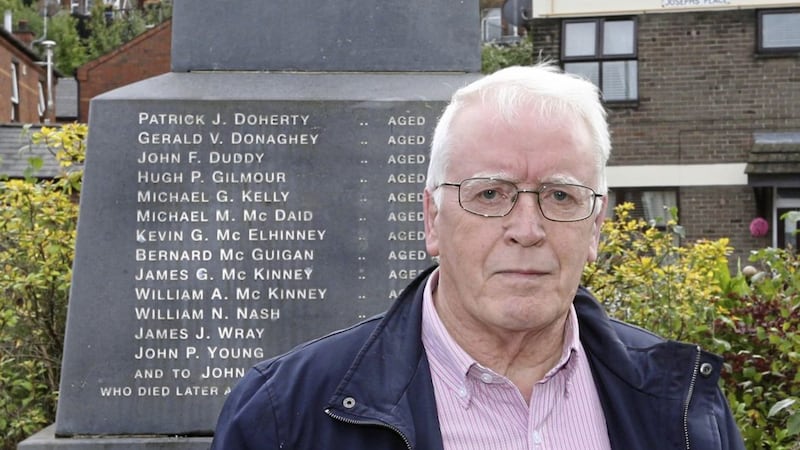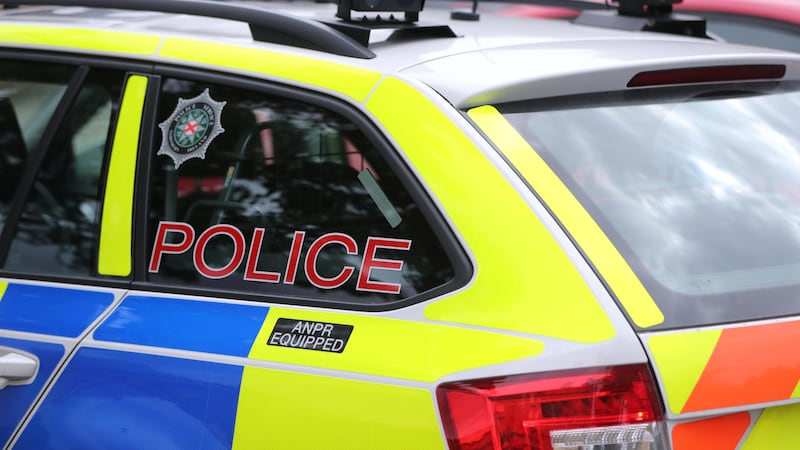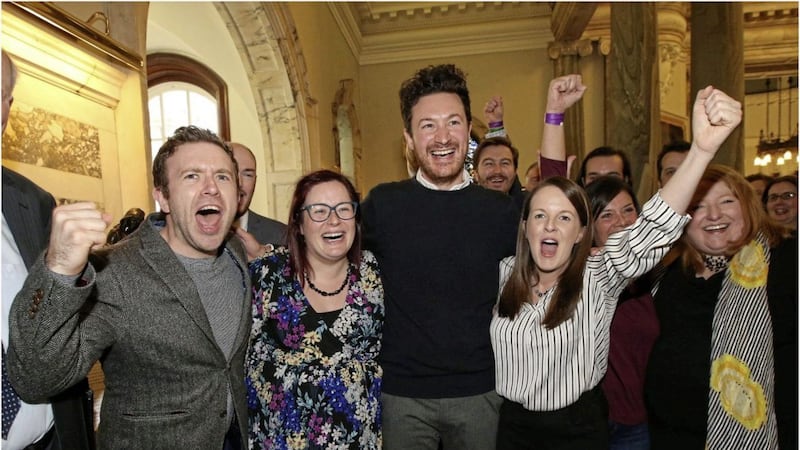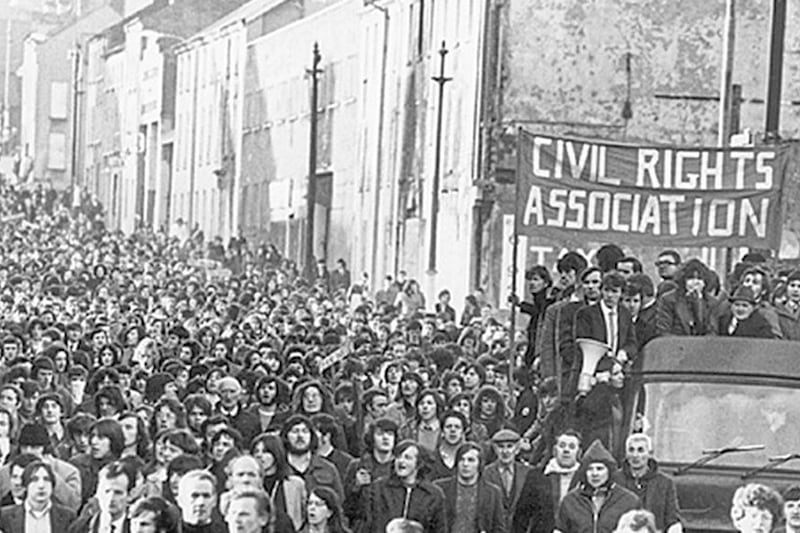Relatives of those killed on Bloody Sunday have said they will challenge a decision by the Public Prosecution Service (PPS) not to prosecute former British soldiers in relation to allegations that they gave false evidence to the Saville Inquiry.
The families were responding to a decision by the PPS, confirmed on Friday, that 15 former soldiers and one alleged former Official IRA member would not be prosecuted for perjury.
The PPS has said there was no reasonable prospect of securing a conviction in the cases.
Regarded as one of the darkest days of the Troubles, 13 people were killed when paratroopers opened fire on a crowd taking part in a civil rights march in the Bogside on January 30 1972.
The Bloody Sunday Inquiry, headed by judge Lord Saville, was announced by former prime minister Tony Blair in 1998 and delivered its findings in 2010 that there was no justification for shooting any of those killed or wounded.
To date only one former soldier has been brought before the courts over the killings.
The former soldier, code-named Soldier F, is facing prosecution for the murder of victims, Jim Wray and William McKinney.
PPS senior public prosecutor, John O’Neill said the decision not to prosecute was taken because it was believed available evidence was insufficient to give a “reasonable prospect of a conviction”.
Mr O’Neill said: “All decisions on whether or not to prosecute are taken by independently and impartially applying the Test for Prosecution.
“The standard of proof needed for a criminal prosecution is high. For a conviction, the prosecution must establish beyond a reasonable doubt, through available and admissible evidence, the commission of a criminal offence by the suspect. After careful consideration, it has been concluded that the available evidence in this case is insufficient to provide a reasonable prospect of obtaining a conviction of any suspect.”
The PPS spokesman said that while the Saville Inquiry may have rejected the evidence of individuals, it did not express those findings in terms amounting to the criminal standard of proof.
John Kelly, whose brother, Michael (17) was shot dead on Bloody Sunday, accused the British army of “lying its way” through the Troubles.
Chairman of the Bloody Sunday Trust, Tony Doherty condemned the PPS ruling.
Mr Doherty, whose father, Patrick was shot dead, said: “We sat in London during the inquiry and watched as soldier after soldier presented evidence that was clearly designed to protect themselves and other soldiers.”
Solicitor of the majority of the Bloody Sunday families, Ciaran Shiels (Madden and Finucane), said his clients were disappointed by the PPS decision. Mr Shiels also expressed surprise that none of the evidence given by former Parachute Regiment officers to Saville was referred to the PPS.
“The families made serious and detailed allegations in relation to Mike Jackson’s conduct on Bloody Sunday. He had personally interviewed those who admitted firing live rounds in the ear of his APC before the Paras had even department the Bogside and was recalled to the Bloody Sunday Inquiry (Saville) to explain his omissions in his evidence,” Mr Shiels said.
The solicitor said that it was “regrettable” that the PPS decision was released less that two weeks before the “effective enactment date of the morally bankrupt Legacy legislation” which, he said, was designed to ensure army veterans were not brought before the courts.
Mr Shiels said the families’ legal team would consider the PPS ruling with a view to taking a possible Judicial Review. He said that there was pressure on any legal action because of the Legacy Act deadline.







